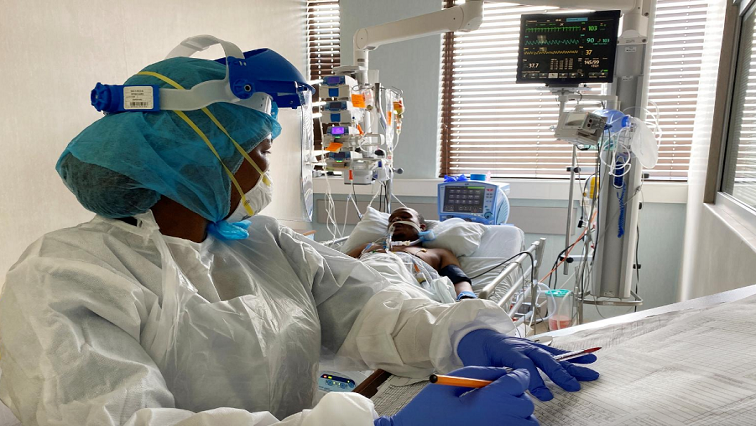There are growing concerns over the skyrocketing numbers of COVID-19 cases in Gauteng. According to Health Minister Dr Joe Phaahla, the weekly COVID-19 cases in the province have increased by a staggering 400%.
This comes as Gauteng continues to lead in the number of infections since the country entered the fourth wave of the pandemic.
“The weekly cases in Gauteng province have increased by more than 400% for the week of the 4th December compared to the previous week and admissions by 200%. Now the recent genomic sequencing by our teams reveals that Omicron was dominant among sequence samples during December 2021 up to 70% of those specimen showed Omicron that’s as of yesterday,” says Phaahla.
The National Coronavirus Command Council will meet next week to discuss if there’s any need to adjust lockdown regulations during the holiday period.
Gauteng currently has 53% of coronavirus infections. However, it is not yet clear how many of the over 22 000 new cases in the country can be specifically linked to the Omicron variant.
22 391 cases have been reported in the country in the past 24-hour reporting cycle.

Loading…
Health Minister Dr Joe Phaahla updates on COVID-19 response, vaccination program
Babies at risk
The deadly virus has claimed over 90 000 lives in South Africa since March last year. The Minister says that most of the patients admitted to health facilities have not been vaccinated.
Babies under the age of one are also at risk of severe infection driven by the new variant.
“Despite making up 30% of the population, the younger people comprise only 12% of cases and 5% of hospital admissions. However, the children who are at risk of severe disease are those under 1 year and people with other comorbidities. For children who are premature and who have diabetes, cancer and HIV and TB,” says Phaahla.
Scientists are yet to determine how many of the recently recorded COVID-19 cases are linked to the Omicron variant.
“In terms of the Omicron numbers, once again, we are not sequencing. There’s a delay in that. We are still taking samples to the lab. So we can have the proportion of the sequencing in November and we will make some inferences as to how many of that seen nationally but we cannot give exact numbers,” says Dr Glenda Grey.
The country is currently in the initial stage of a fourth wave of the virus. The World Health Organisation says that the Omicron variant has spread to 57 countries.
COVID-19: Omicron is now the dominant variant in Gauteng as COVID-19 cases spike






